×
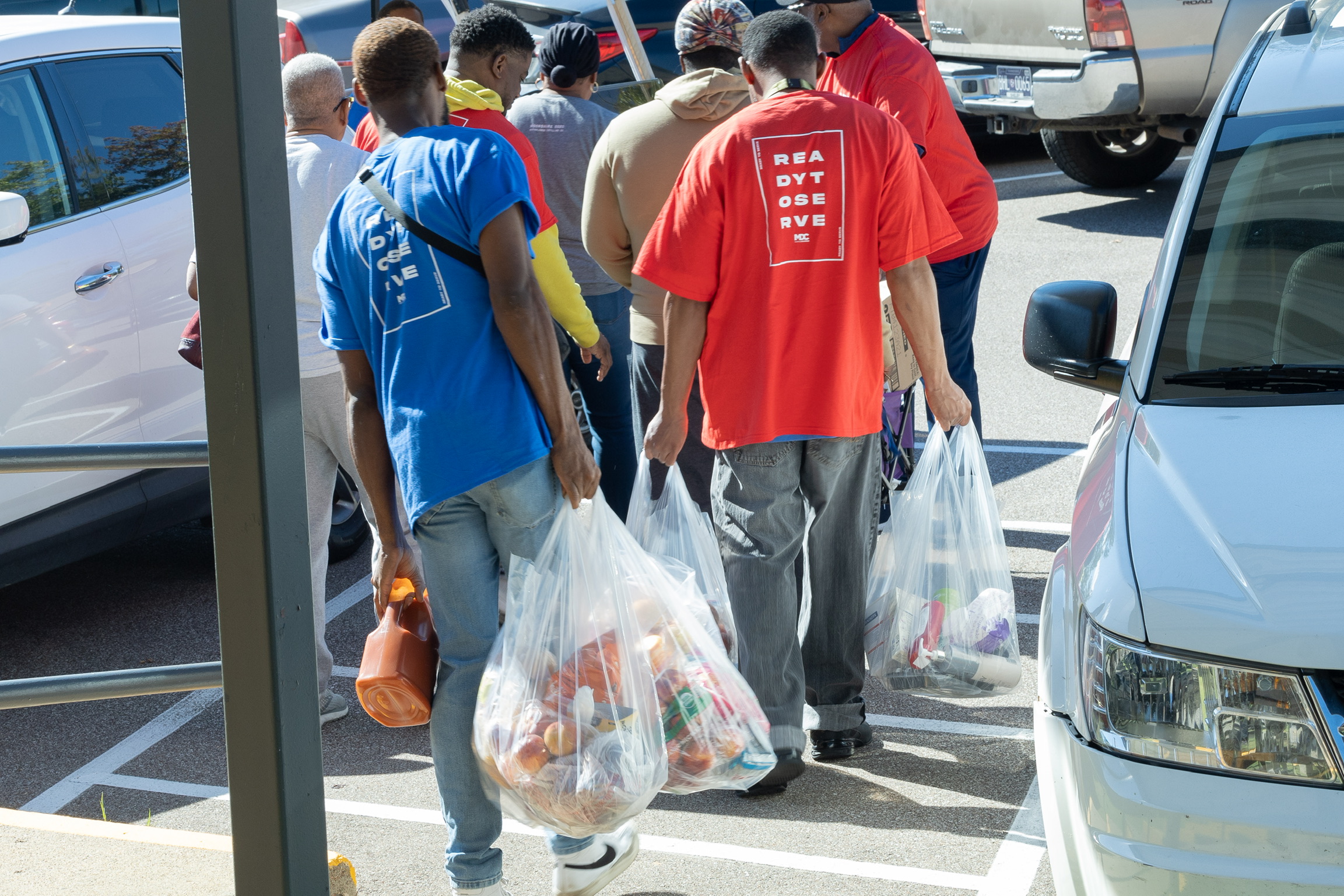
×
Make A Difference
Every time you give, it’s making a tangible difference. Thank you for your act of generosity.
Food security is defined by the USDA as “access by all people at all times to enough food for an active, healthy life.” At the Memphis Dream Center, we believe that being food secure helps children and adults show up as their best selves. Everyone deserves an opportunity to thrive and addressing food security is one of the ways to make this a reality.
Food security measures both the availability of food and individuals’ ability to access it. Individuals and families who are food insecure face barriers pertaining to both the type and quality of food available to them, in a given moment in time. Although often seen as a quick solution to hunger, the food that is easiest and most affordable for individuals in our city to access may not be the healthiest or the best choice for consumption over a long period of time. Hunger is different from food insecurity. It is defined as a condition in which a person does not have the physical or financial capability to eat sufficient food to meet basic nutritional needs for a sustained period.
Both nationally and here in Memphis, food insecurity is a problem that is not new. Being food insecure can lead to unhealthy food choices and hunger, which puts individuals at risk for malnutrition- either overnutrition or undernutrition. Malnutrition can lead to chronic health issues – namely, diabetes, which affects approximately 12% of people living in Shelby County, and coronary heart disease (CHD), which is the leading cause of death in the United States for both men and women.
In 2021, 10.2% of people in the U.S. stated that they had experienced hunger at some point during the previous 12 months. This is down from 11.1% in 2018. Nationally, the good news is that food insecurity seems to be decreasing and is temporary for most households. As the national food insecurity statistic continues to decrease year after year, MDC wants to do our part to see those numbers decrease here in Shelby County.

Similar to the statistic that 10% of American households experienced food insecurity in 2021, 13% of the United States population experienced poverty. As shown above, 18% of people in Shelby County were considered to be impoverished in 2021. The number increases to 23% when looking solely at the city of Memphis.
It is important to note that hunger is closely linked to poverty, and has been for over 50 years.
According to the 2022 Memphis Poverty Fact Sheet:
Currently, the cost of food is based on the “Thrifty Diet” published by the Department of Agriculture. Even though this thrifty diet is now $854.60 per month, the 2022 poverty threshold for a family of four is $27,750. According to the Orshansky method, it should be $30,765.60.
Poverty statistics may be missing a large portion of the population who make less than $30,764 a year.
How will households making more than the poverty threshold yet not more than what truly constitutes the ability to afford a healthy diet for everyone in their family fill in the gaps?
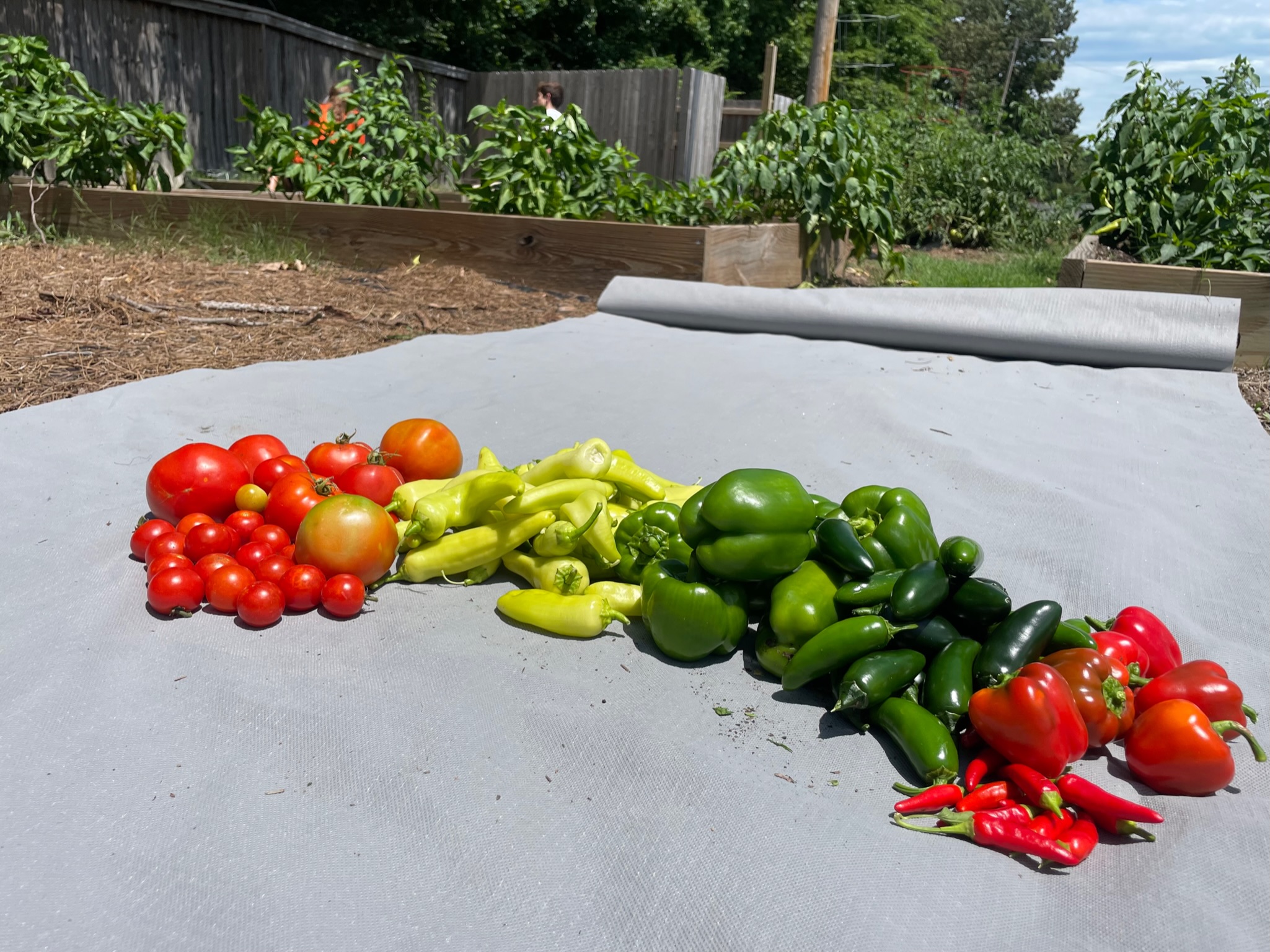
The Memphis Dream Center is standing in the gap in fresh, new ways.
Austin Peay Community Garden.
Tended by master gardener Angelo Jones and some of our Read2Lead after school program participants, this is the first urban farm of its kind in the neighborhood. Focusing on sustainable agriculture, the plan for the garden is to partner with Methodist North Hospital to provide produce for patients and hospital staff members at risk for diabetes, heart disease and food insecurity. Not only do we plan to help feed the families of the children in our programs, but we look to impact the Raleigh community at large.
Door-step Deliveries.
In addition to this project, our weekend food bag program has gotten a new partner. Last summer, DoorDash began delivering food bags to families at two of our FeedMemphis schools and has now expanded to 8 schools. As we continue to serve and deliver directly to other schools and community partners, we are impacting our community by casting an even wider net. Thanks to our partnership with DoorDash we are able to provide a food bag to each child under the age of 18 in the household regardless of what school they attend. In 2024, we are excited to give volunteers the opportunity to participate in door-step deliveries!
Monthly Food Boxes.
School age children aren’t the only ones we’ve delivered food to through our partners. Last year, Amazon and International Paper partnered with us and the Mid-South Food Bank to provide a monthly food box to individuals in our city who live within 30 minutes of our warehouse. That means vulnerable seniors and other individuals without children can also receive a box (provided by International Paper) packed by MDC volunteers full of Mid-South Food Bank food items ready to be prepared after AmazonFlex drivers drop them off to their homes or picked up at our monthly mobile distribution.
Pop Up Grocery Shop.
Our latest addition to the FeedMemphis initiative is our Pop Up Grocery Shop, set to begin in October of 2023. We will be hosting pre-registered families and individuals at our Austin Peay location in the gymnasium of our Memphis Dream Center building. Patrons will be able to choose from fresh, frozen and non-perishable items provided through partnerships with the Mid-South Food Bank and other partners, such as OneGenAway in Franklin, TN.
The Memphis Dream Center is proud to provide a convenient, whole-family solution to the growing concern about food security in our community. It is our hope that our new and continuing partnerships provide a sense of dignity to those experiencing food insecurity in this season.
References:
https://www.memphis.edu/socialwork/research/2022_poverty_fact_sheet_web.pdf
https://www.ers.usda.gov/webdocs/charts/80073/referencepd.png?v=3418
https://www.ers.usda.gov/webdocs/charts/80075/share_insecure.png?v=7321.7
The Memphis Dream Center exists to provide opportunities and resources to help children and families move forward in life. 100% of your donation will go towards helping others.
Donating money or time will make you feel good because you know you’re supporting an important cause. We all want to be a part of something bigger than ourselves.
When you research the Memphis Dream Center and the causes we represent, you become more informed about the issues facing our community and what we can do to solve them. With this newfound knowledge, you can share with others about important issues and motivate them to make positive changes.
Do you see people struggling with lack of quality education in your community? Does the fact that children are sleeping in government offices tug at your heartstrings? Do you want to improve the lives of people in our community? Do you want to support under-resourced children and families? Think about what moves you and choose to donate to that MDC program. You’ll promote your passion and make a difference in an area that matters to you.
By donating to the Memphis Dream Center, you can encourage other people to follow your lead. If your children see you donating money or time to an important cause, they’ll be more likely to grow up with a giving mindset. They’ll be more likely to make financial donations or volunteer their time. Additionally, if you let your family and friends know about your charitable donations, you may motivate them to donate as well.
If you donate to the Memphis Dream Center, your donation is tax-deductible. Your donation will benefit others and help you as well!
The Memphis Dream Center depends on donations to promote our programs and help us reach our goals. With a monetary donation, you can support the dream center and ensure that our much-needed programs are stabilized or expanded.
When the world seems dark and dreary, brighten it with a donation. When we watch the news and hear about all of the issues in our community, it can make us feel defeated. But remember, your donation, no matter how small, does make a difference, and with it, you can make Memphis better.
You don’t need to donate hundreds of dollars to make a difference. Every little bit counts when you donate to charitable organizations. Skip the Starbucks run and donate to Memphis Dream Center instead. Small donations still play a major role in supporting our mission.
When you donate money or volunteer for charitable causes, you can improve awareness of issues in our community like poverty and hunger. By spreading awareness, you can also encourage others to support the cause and help those we walk alongside.
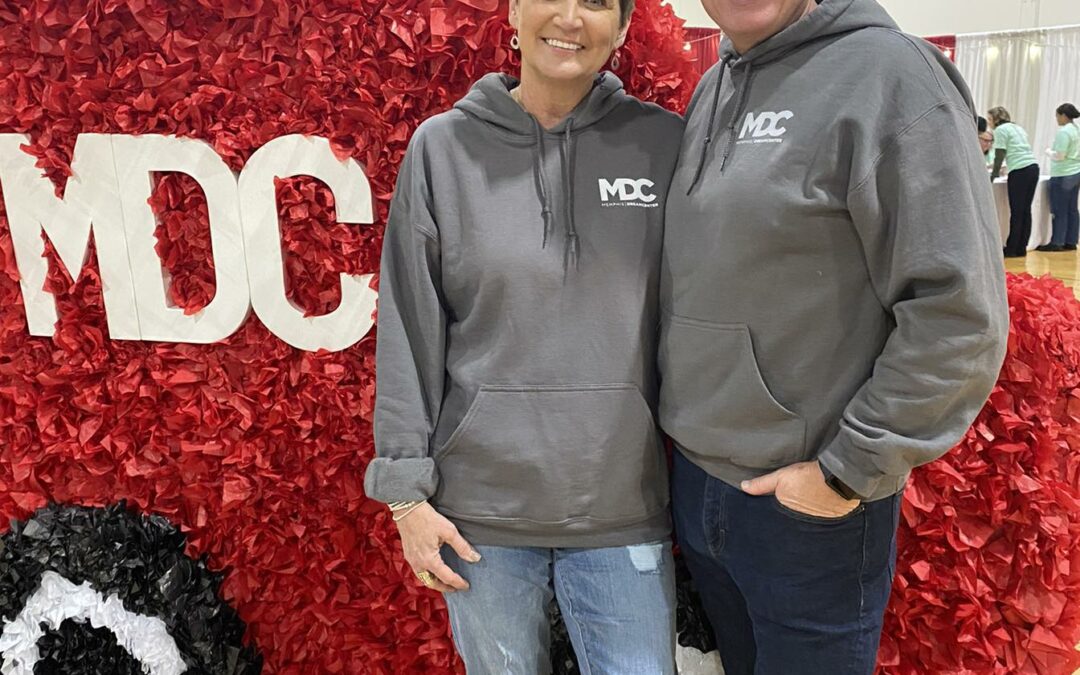
My wife, Kelli, has always had a heart of mercy and compassion. She has always challenged me to see others from God’s perspective.
In the fall of 2008, We discussed how God was using our son, Clay, (participating in a year long internship with the Mission Year organization) and how he was awakening my heart. I was not alone.
Kelli had also been sensing that God had something more for us. So we sought His will with vigor and passion.
Our church was participating in a 21-day “Daniel fast,” so we took this time to dive into God’s Word and seek his heart. We each desired His voice to be the voice we heard, so as not to be influenced by one another, we chose not to discuss what we were hearing or sensing until after we had completed the fast.
To our delight we had both clearly heard from God! To our disappointment, neither of us heard a clearly defined direction as to how his Word was to be accomplished. We felt a little like Abraham. God said “Go” and then He would show us where.
We knew it was time to go, to change our priorities, to alter our course…but how?
Kelli: “A few weeks into Clay’s Mission Year commitment, he spent a weekend in something called “PROP” (Pauper’s Right of Passage). Basically, Clay and his teammates spent a couple of days living as “homeless” in the streets of Chicago. After the experience, he phoned and shared with me how most people that he encountered simply ignored him, pretending he was invisible. He shared how one woman even yelled at him, telling him to “go get a job like the rest of us.” As I listened to him, my first feeling was one of outrage. “How dare they treat my son that way?” But, as I continued to listen to his description of the weekend, and how it had impacted his life, I began to feel a deep conviction from God.
I soon realized that my son had met me on the streets of Chicago that weekend.
No, I wasn’t physically present, but how many times had I passed by a homeless person in the streets of Memphis and refused to look him in the eye? How many times had I crossed to the other side of the street so that I could avoid an encounter with someone I considered “beneath me?” How sad this made me. In fact, I hung up the phone and wept. Over the next several days and weeks, I realized that I did not want life to go on as usual. I began to realize that it was time to make a change – a radical change – in life as we knew it.
It was time to walk the walk, and stop only talking the talk.
You see, we were bound to something that was preventing our movement into the heart of God. We began to look at our lifestyle, and what we discovered is what many of us find when we slow down long enough to look and listen. It’s funny (or sad) that no matter how much you have, you still want more. We had lived in a pattern of excess and we were bound by it.
How could we move at the impulse of God if we are bound and encumbered?
And there was our answer… We realized our greatest asset and greatest shackle was our family dental practice. At God’s leading, we placed the practice on the market and were told it would take an average of 2-3 years to sell. Great, we thought! By that time 2 of our oldest 3 sons would be out of college and on their own. It would give us plenty of time to prepare for our future.”
Have you noticed that God’s timing isn’t always your timing? 3 weeks later we received a call from our broker that we had a buyer, and a few short months later, we found ourselves “unencumbered.” So now what?
We waited, wondered, and like Abraham waiting to have a son that was promised, we began to take our future into our own hands. We began making phone calls, exploring job opportunities, building resumes. We shared our journey with a pastor friend and then with our lead pastors a few days later.
It was in their office that we began to discover our “Ur.”
Our pastors shared that they had been praying God would raise up a couple with a heart to serve the hurting in our city, and they believed we were the answer to that prayer.
Honestly, I wasn’t so sure about that! Remember, Kelli is the one with a heart of mercy and compassion.
I wasn’t too keen on the idea of spending time with people who just didn’t have the drive to succeed. After all, if they were just willing to work harder, they could have what I had, right?
Well, it did seem that everyone else was hearing from God that this was the direction we should go, so I knew this must be the place to start. And, so began a journey that has forever changed my heart and life….
Fast forward 13 years– Through what is now known as the MEMPHIS DREAM CENTER, our lives are richer than we ever thought possible! God has expanded our world in ways we could never have imagined.
What a privilege it is to walk alongside so many in our communities and share the tangible love of Jesus. Our lives are better because of those with whom our paths have and continue to cross. WE are better.
We continue to dream of a more equitable future for EVERY family, EVERY individual in our great city.
To God be the glory!
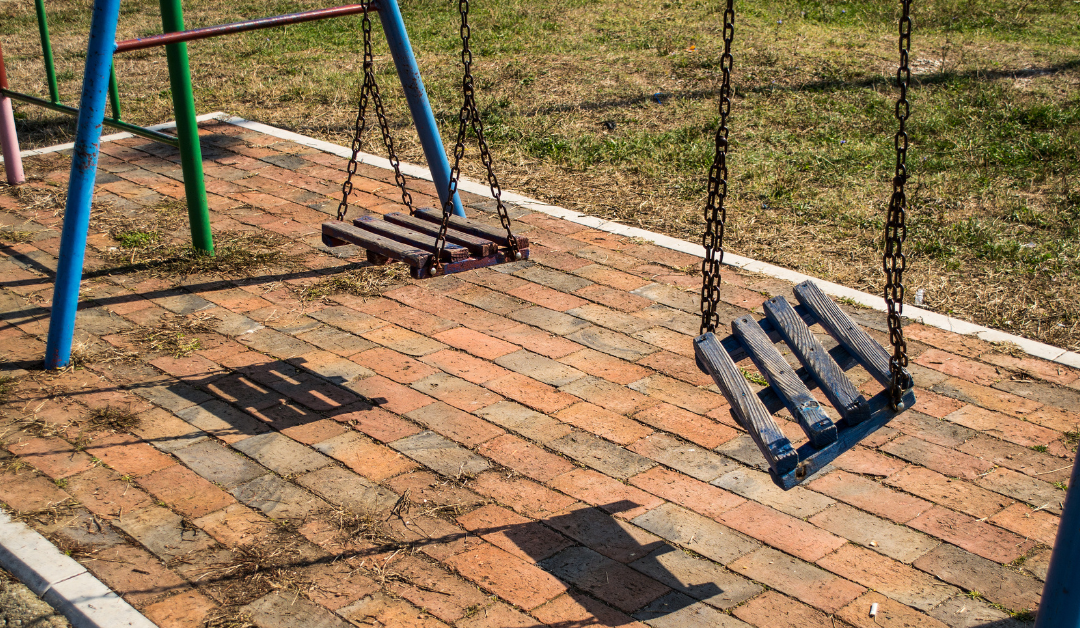
Play is an essential part of a child’s development, but not all children have equal access to safe and engaging play spaces.
Play space inequity is the unequal distribution of quality play spaces, with some children having ample opportunities for play and others limited or none at all.
This disparity can have significant impacts on a child’s physical, mental, and social development, perpetuating a cycle of disadvantage that can be difficult to break.

What Causes Play Space Inequity?
Play space inequity is often the result of broader societal inequities, such as poverty, lack of investment in low-income communities, and discriminatory zoning policies.
Children living in poverty are often at a disadvantage when it comes to access to safe and engaging play spaces, as resources for play spaces may be limited or absent in their communities.
Similarly, discriminatory zoning policies that restrict the development of public parks and other play spaces in certain areas can further exacerbate disparities in access to play.
The Consequences of Play Space Inequity
The lack of access to safe and engaging play spaces can have significant consequences for children. Research has shown that regular physical activity and outdoor play can IMPROVE a child’s physical health, boost their immune system, and reduce the risk of obesity.
Play also has mental and social benefits, such as improving cognitive function, emotional regulation, and social skills.
When children do not have access to play spaces, they may be missing out on these important developmental experiences.
What Can Be Done to Fight Play Space Inequity?
Fighting play space inequity requires a multi-faceted approach that addresses the root causes of the problem. Here are a few ways to make a difference:

Moving Towards Change
Play space inequity is a serious problem that can have far-reaching consequences for children’s development.
By advocating for public investment in play spaces, supporting community-led efforts to create play spaces, promoting inclusive zoning policies, and raising awareness of this issue, we can work to ensure that all children have access to safe and engaging play spaces.
How Can YOU Help?
We know that you share our belief that every child deserves a safe and inclusive play space to explore, learn, and create memories that will last a lifetime. Sadly, play space inequity in Memphis means that many children miss out on this critical aspect of their childhood.
That’s why, this month February 2023, the Memphis Dream Center is working to build a trauma-informed play space at the Highland Street location, and we invite you to help us to make that happen.
By signing up to fundraise, you’ll be joining a passionate community of people who care about creating a brighter future for Memphis children. We’ll provide you with all the resources you need to get started, and you can track your progress as you help us get closer to our goal.
The clock is ticking, and every moment counts.
With your support, we can create a safe and nurturing play space for Memphis children who are missing out on this critical aspect of their childhood. This play space will have a significant impact on the lives of Memphis children, promoting healing and well-being for every child who comes to play.
Every child deserves a chance to create memories that will last a lifetime. By joining our #ShareTheLove campaign, you can help make that a reality. Let’s work together to give every child in Memphis the safe and inclusive play space they deserve.
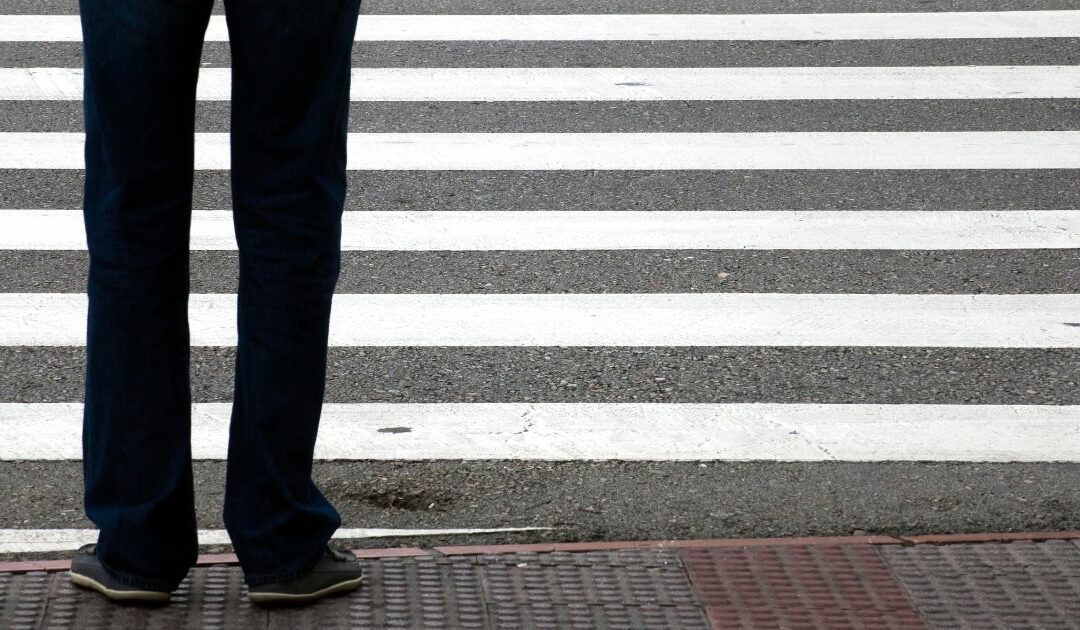
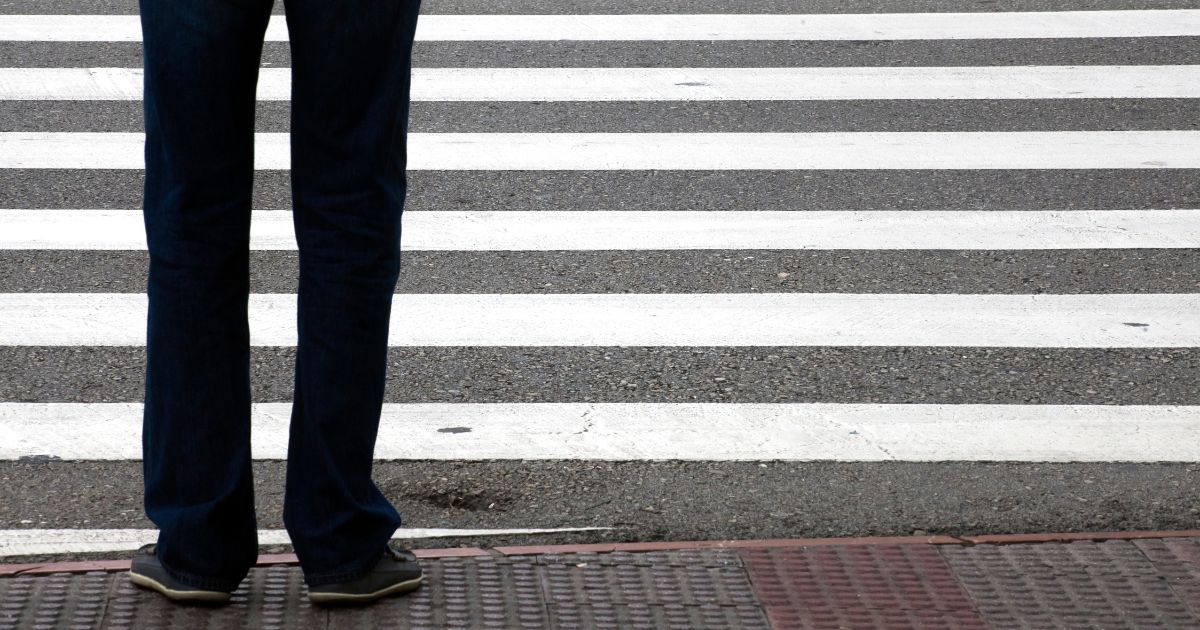
As long as we move within the circles of privilege we are insulated from the experience of the poor. Closed to that experience, there is no reason to anticipate that we should be touched by the expectations of the poor, instructed by their perceptions, caught up in their agenda, or drawn in any sustained fashion into the companionship of those laboring to build a just society.
And yet that is what a maturing faith is all about.
A moral commitment may attract us to this endeavor and even convince us that we are part of it, but, confined to our own social class, we are prisoners of our own perception of things. And, as long as we are prisoners of our own perceptions, whatever we are about will not be the building of a just society.” (Ronald Marstin).

Critical to the process of crossing roads is leaving our circles of privilege and adjusting our perceptions of the world.
For example, when many people look at youth in the inner city from the outside they think they are violent, dangerous, lazy underachievers. Our perceptions have been shaped by what we have seen on television, read in the newspapers, heard on the news.
But building relationships with young people from the inner city can reveal a completely different scenario – determination, vision, thrift, perseverance, and an understanding of how life works.
,Changing our perception moves us to a place where we can start building a more just society. Genuine relationships with others help us to see life through their eyes. Their struggles and their ideas for social change can be heard without the filter of an intermediary source.
As our world becomes increasingly urban, increasingly diverse, and increasingly divided between the rich and poor, there is no time to lose.
Without CROSSING THE ROAD, it will be difficult for the church to make the needed adjustment to understand and hear the voices of those beyond their church walls. It takes both a personal commitment and a commitment from the body of Christ to accomplish it.
If we are looking to Jesus as a model, as one who demonstrated this pattern of road crossing, we have the right to ask the simple question: When did Jesus cross the road toward the poor?
One example is the story of Bartimaeus found in Mark, Chapter 10. What I find remarkable about this passage is that Jesus, knowing that his life was coming to an end (predicted in Mark 8) stopped for a man of absolutely no social significance. While others rebuked the man, Jesus called Bartimaeus to his side. By acknowledging this beggar, Jesus entered the man’s world.
Jesus asks the man, What do you want me to do for you?” Jesus does not impose His agenda on the man. Instead, Jesus affirms his dignity by recognizing the only thing the beggar possesses – his voice!
Can you imagine what it is like to be the recipient of people’s charity month after month and year after year? Receiving charity from people over an extended period of time is humiliating and demeaning. Many underserved people resent their dependence. Bartimaeus does not want to beg for the rest of his life. He wants to be healed. He wants to see.
When the dust settled, Jesus crossed the road and engaged with someone who was a no one to anybody. Jesus took the time and gave to someone who had no worldly goods to give him in return. Jesus’ willingness to engage a beggar revealed what Bartimaeus REALLY wanted. He wanted to join the community as a full participant.
Critics might say, “This road-crossing stuff sounds like a wonderful attempt for people to appease their guilt by having ‘contact’ time with people from a different social class.” We do not cross roads to appease our guilt. We do not cross roads so we can check off an exotic life experience.
We cross roads to learn and grow.
By placing ourselves in the midst of the poor and experiencing a little of their existence, we see with new eyes, feel with new hearts, dream with new minds, and contribute with new hands and feet. This is how change takes place. Road crossing is an integral part of our faith journey and truly is what taking on the mind of Christ is all about.
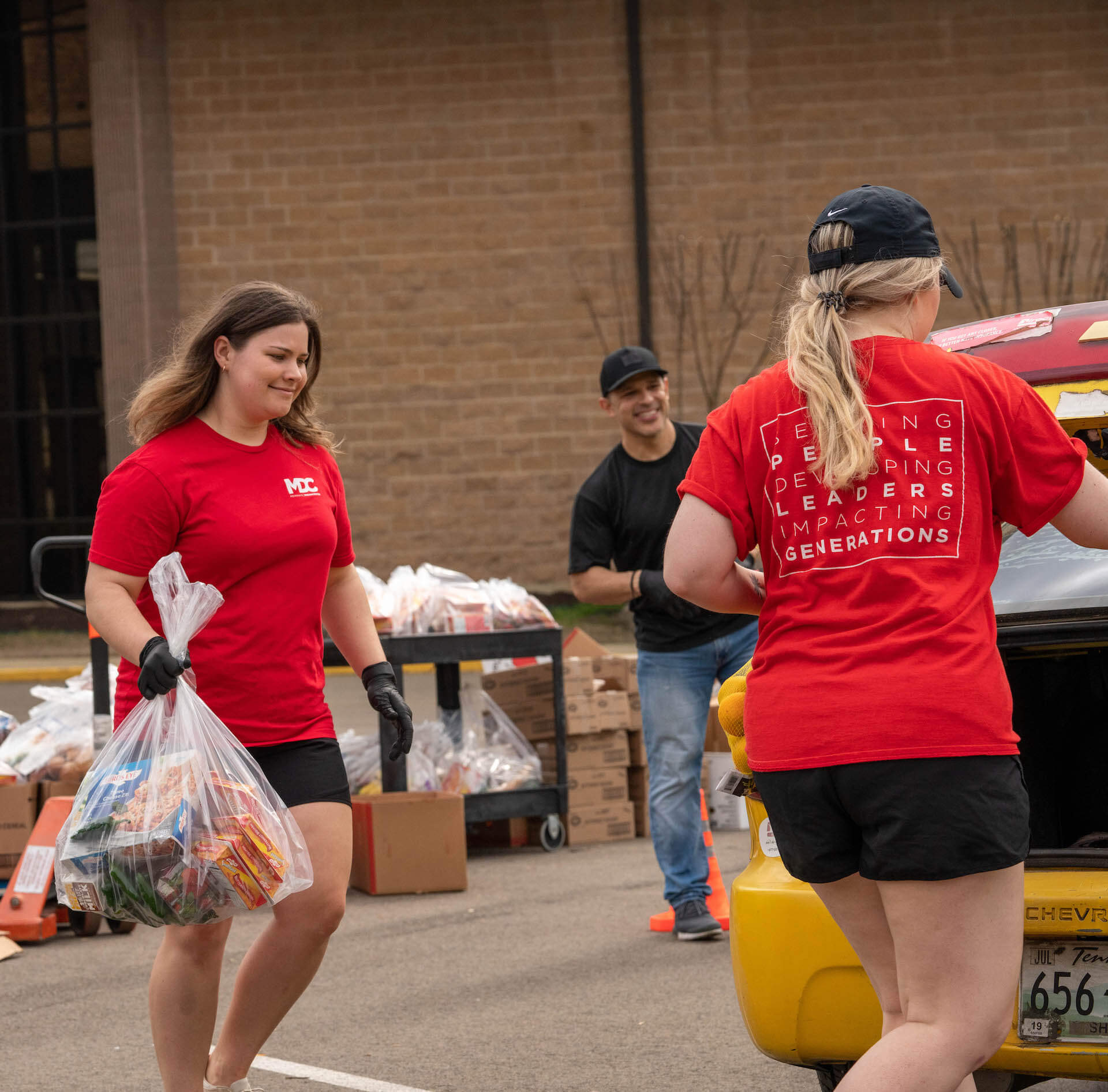
Recent Comments